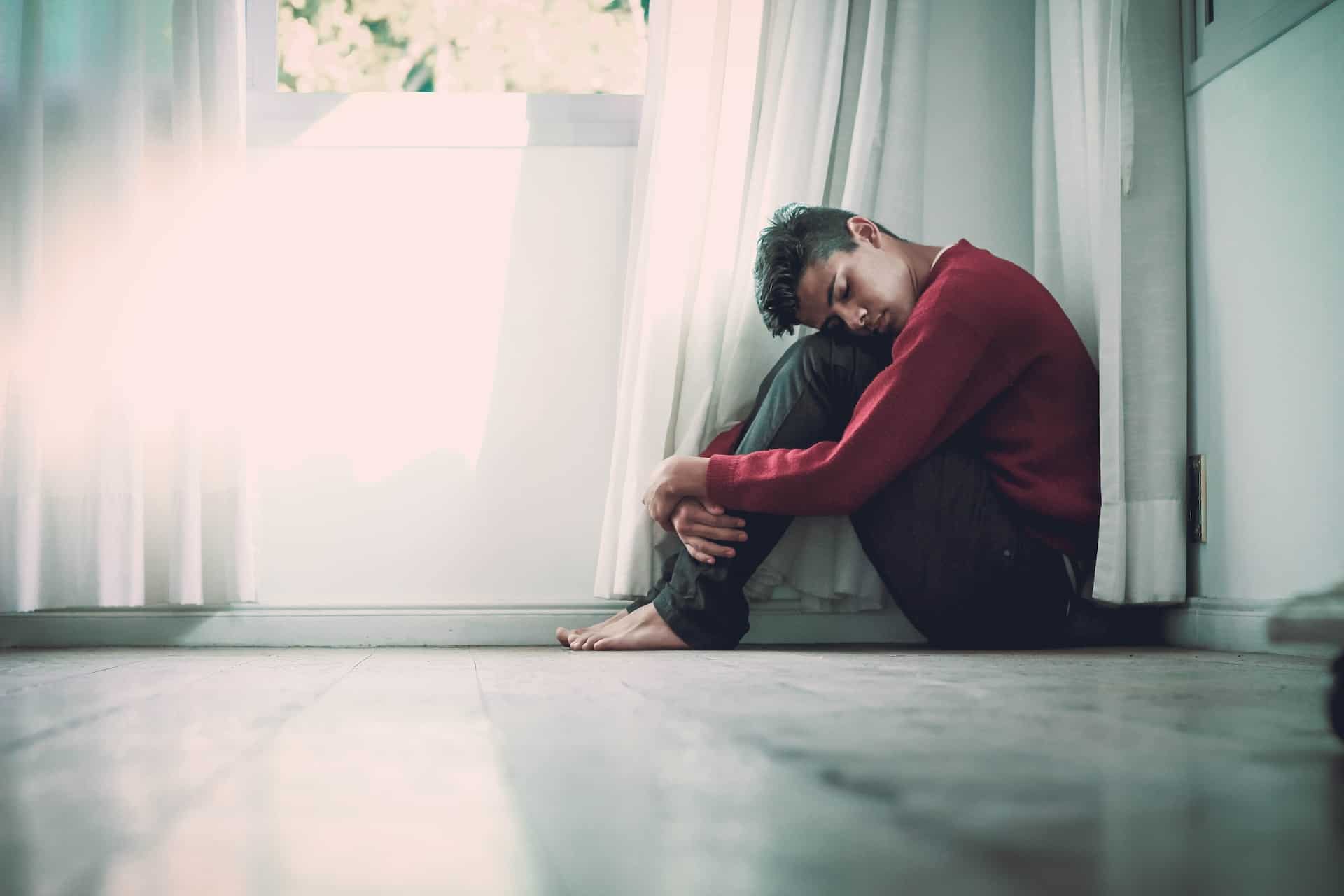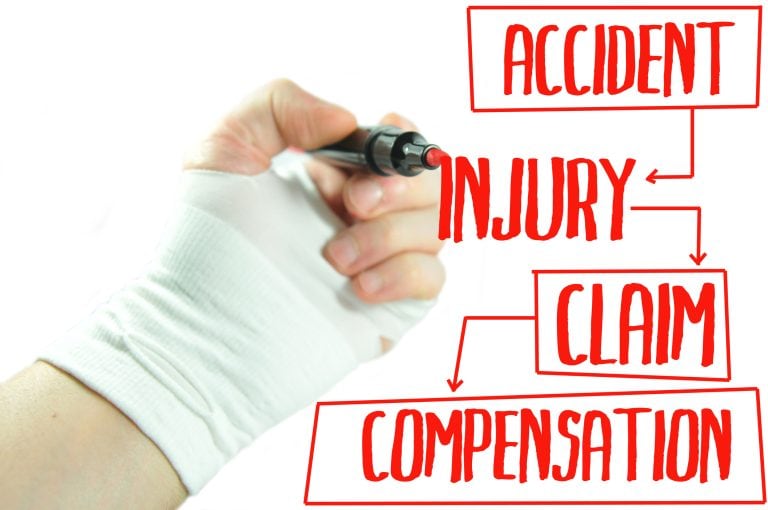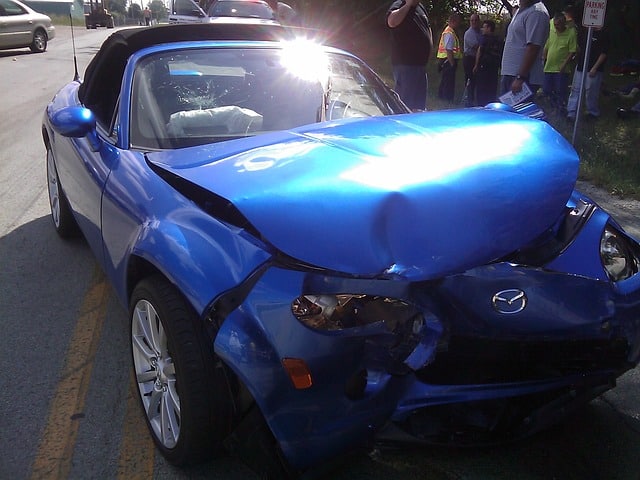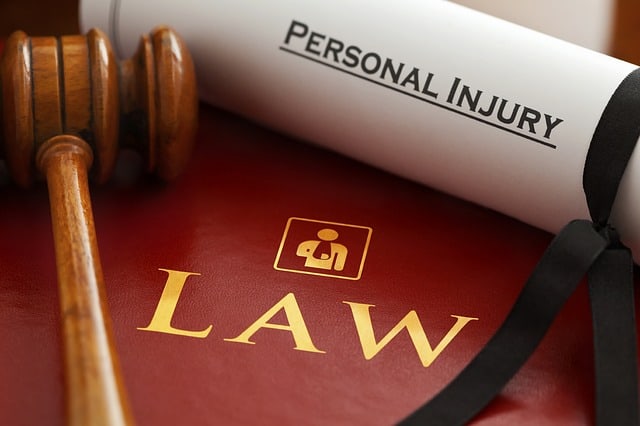The Impact of Personal Injuries on Mental Health
Personal injuries can have a big impact on your life, and not just in the ways you might first think.
While the focus is often on the physical personal injuries and the need for medical care, the toll on your mental health can be just as serious.
Let’s dive into how personal injuries can affect your mental well-being.
The Emotional Toll Of Personal Injuries
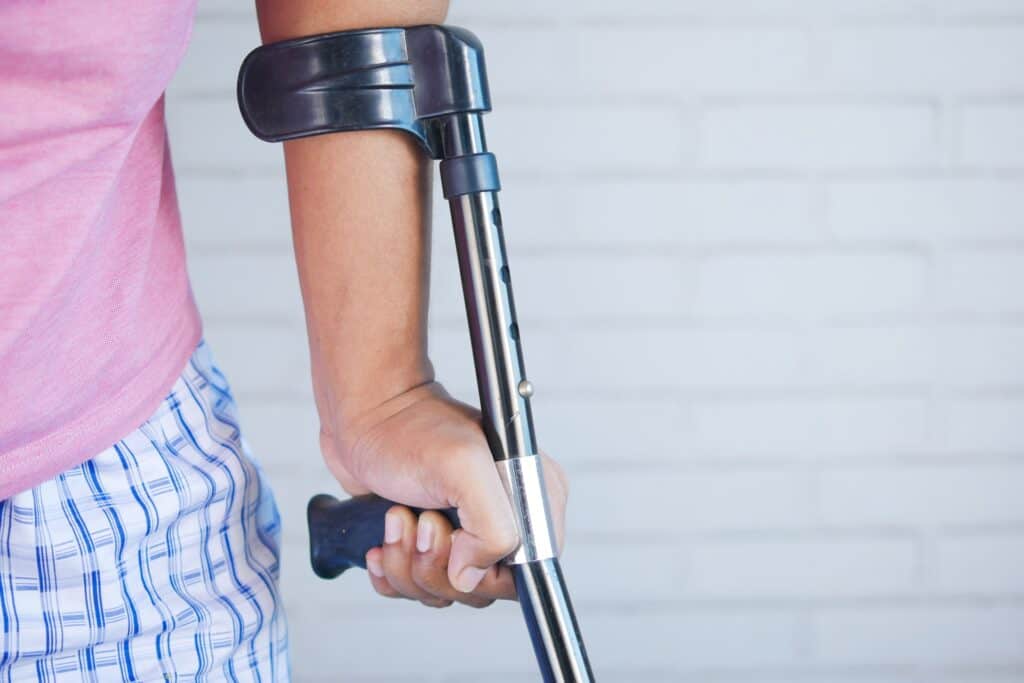
The emotional toll of a personal injury is often a complex mix of various feelings that can be hard to sort out.
Right after the injury, you might feel shock or disbelief, as if what happened can’t be real.
This initial emotional numbness can serve as a protective barrier, but it usually fades, giving way to a flood of other emotions.
Anger is a common reaction.
You may feel angry at the person who caused the injury, at yourself for being in the situation, or even at the world for letting it happen.
This anger can consume a lot of your mental energy, making it hard to focus on healing.
It can also affect your relationships, as you might become short-tempered or irritable with those around you.
Sadness or a sense of loss is another emotion you might experience.
Depending on the severity of the personal injuries, you may have to give up activities you love or change your daily routine.
This can lead to feelings of sadness or grief, as you mourn the life you had before the injury.
You might also feel guilty, especially if your actions in some way contributed to your personal injuries.
Guilt can be a heavy burden to carry and can hinder your emotional recovery. It’s common to replay the event in your mind, thinking of what you could have done differently, which only adds to the emotional strain.
Fear and anxiety often follow a personal injury as well.
You may become overly cautious, afraid that more personal injuries are just around the corner.
This heightened state of alertness can be exhausting and can interfere with your ability to enjoy life.
It’s important to remember that these emotions, while difficult, are a normal part of the healing process.
Ignoring them won’t make them go away; in fact, it could make things worse.
Seeking the help of a mental health professional can provide you with coping strategies to better manage these emotional challenges.
The emotional toll of personal injuries can be a complex mix of feelings like anger, sadness, guilt, and fear.
These emotions can be overwhelming and can impact various aspects of your life, from your healing process to your relationships.
Understanding that these feelings are a normal part of recovery can help, but it’s often necessary to seek professional help to manage them effectively.
Anxiety and Fear

After any personal injuries, it’s common to experience heightened levels of anxiety and fear.
These feelings can manifest in various ways, affecting both your mental state and your daily activities.
For instance, you might find yourself constantly worrying about your health, replaying the incident in your mind, or becoming overly cautious in situations that remind you of the injury.
This constant state of worry can make it hard to focus on other aspects of your life, such as work or family.
Fear of re-injury is another issue that many people face.
Even after you’ve physically healed, the fear of getting more personal injuries can linger.
This can make you avoid certain activities or places that you associate with the injury, limiting your life in a way that goes beyond the physical limitations imposed by the injury itself.
This avoidance can lead to a more sedentary lifestyle, which has its own set of health risks.
The anxiety and fear can also spill over into your social interactions.
You might become more withdrawn, avoiding social events or activities that you used to enjoy.
This can lead to feelings of isolation, which can further exacerbate your anxiety.
The fear of being judged or pitied by others can make social situations seem daunting, creating a cycle of avoidance and increasing anxiety.
Sleep can also be affected.
Anxiety often leads to sleep problems like insomnia, and a lack of restful sleep can make your anxiety even worse.
This creates a vicious cycle where your anxiety affects your sleep, and poor sleep, in turn, increases your anxiety levels.
It’s crucial to address these feelings of anxiety and fear, as they can have a long-term impact on your quality of life.
Mental health professionals can offer various treatments, such as cognitive-behavioral therapy, which can help you understand and manage your anxiety.
Medication like anti-anxiety drugs may also be an option, depending on the severity of your symptoms.
Anxiety and fear are common emotional responses following personal injuries and can manifest in various ways, affecting your daily life, social interactions, and even your sleep.
These feelings can limit your activities and lead to a cycle of increasing anxiety and isolation.
It’s important to seek professional help to manage these symptoms effectively, as they can have a long-term impact on your well-being.
Impact on Relationships

When you’re dealing with personal injuries, the strain it puts on your relationships can be significant.
Your loved ones may not fully understand what you’re going through, both physically and emotionally.
This lack of understanding can create a gap between you and the people you care about.
You might find that conversations become more strained, as you may be hesitant to talk about your experience for fear of being misunderstood or judged.
Your physical limitations can also affect your relationships.
If you’re unable to participate in activities that you used to enjoy with friends and family, it can create a sense of distance.
You might feel left out or think that you’re holding others back, which can lead to feelings of guilt and isolation.
Your loved ones may also feel helpless, not knowing how to support you, which can create tension in the relationship.
In romantic relationships, personal injuries can introduce new challenges.
Physical intimacy may become difficult, leading to emotional distance between you and your partner.
The roles within the relationship might also change, especially if you’re unable to perform tasks you used to handle.
This shift can create stress and may lead to conflicts as both parties adjust to the new dynamic.
Financial stress is another factor that can impact your relationships.
Medical bills and the potential loss of income can create a burden that affects the entire household.
This added financial strain can lead to arguments and increased tension within the family, as everyone grapples with the new economic reality.
Children in the family can also be affected.
They may not fully understand why you can’t engage with them as you used to, leading to feelings of confusion or neglect.
It’s important to communicate openly with them, to help them understand the situation and reduce their own stress and worry.
Seeking the help of a child counsellor or therapist can be beneficial for both you and your loved ones.
Therapy can provide a safe space to discuss your feelings and concerns, and can offer strategies for improving communication and resolving conflicts.
The impact of personal injuries on your relationships can be far-reaching, affecting communication, roles, and even financial stability within the family.
These changes can lead to tension, misunderstandings, and emotional distance between you and your loved ones.
Open communication and professional guidance are key to navigating these challenges and maintaining healthy relationships during this difficult time.
Depression
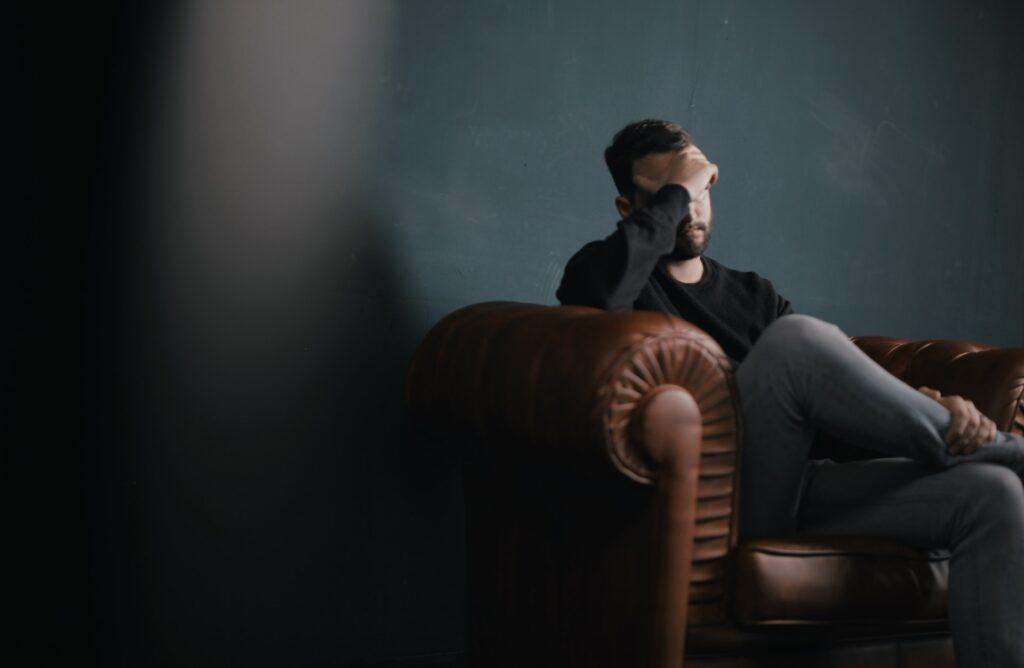
Depression is a serious mental health issue that can often follow a personal injury.
Unlike the normal ups and downs of life, depression is a persistent feeling of sadness, hopelessness, or lack of interest in things you once enjoyed.
After an injury, you may find that these feelings become more intense and last for a longer period, affecting your ability to function in your daily life.
One of the key signs of depression is a change in your behaviour or daily routine.
You might find it hard to get out of bed, go to work, or even complete basic tasks like showering or eating.
This lack of motivation can make your physical recovery more challenging, as you may neglect medical advice or skip treatments that could help you heal.
Your self-esteem can also take a hit. You might start to feel like you’re a burden to your loved ones, or that you’re not as capable as you used to be.
These negative thoughts can feed into a cycle of depression, making it harder to break free and start feeling better.
Depression can also affect your social life.
You may withdraw from friends and family, avoiding social events or activities that you used to enjoy.
This isolation can make your depression worse, as social support is often crucial for emotional well-being.
Physical symptoms can accompany depression as well.
You might experience changes in your sleep patterns, appetite, or even unexplained aches and pains.
These physical symptoms can make it even more difficult to engage in activities that could help lift your mood.
It’s crucial to seek help if you’re experiencing symptoms of depression.
Treatment often involves a combination of medication and therapy.
Antidepressants can help balance the chemicals in your brain, making it easier to cope with your emotions.
Therapy can provide you with coping mechanisms and strategies to improve your mental health, helping you break the cycle of depression.
Depression is a serious condition that can follow a personal injury, affecting your daily life, self-esteem, and even your physical health.
The persistent feelings of sadness and lack of interest in activities can make both your physical and emotional recovery more challenging.
It’s important to recognize the signs of depression and seek professional help, as treatment often involves a combination of medication and therapy to effectively manage the symptoms.
Seeking Help

When you’re dealing with the mental health impacts of a personal injury, seeking help is not just an option; it’s a necessity.
The first step is often the hardest: admitting that you need assistance.
You might feel like you should be able to handle things on your own, but the truth is, that professional guidance can make a world of difference in your recovery process.
One of the most effective ways to get help is through therapy or counselling.
A trained mental health professional can provide you with a safe space to express your feelings and concerns.
They can also give you tools to manage your emotions, such as coping mechanisms for anxiety or strategies to combat depression.
Therapy can be a one-on-one experience, or you might find group therapy helpful, where you can share experiences and learn from others who are going through similar challenges.
Medical treatment is another avenue for help.
If your mental health symptoms are severe, medication like antidepressants or anti-anxiety drugs may be prescribed.
These medications can help balance your mood and make it easier to engage in other forms of treatment, like therapy.
It’s important to consult with a healthcare provider for a proper diagnosis and treatment plan tailored to your needs.
Don’t overlook the value of social support.
Friends and family can offer emotional support, but they can also assist in practical ways, like helping you get to medical appointments or taking on some of your daily tasks.
If you’re hesitant to lean on your loved ones, remember that most people want to help; they just might not know how.
Open communication about your needs can make it easier for them to provide the support you require.
Online resources and support groups can also be valuable.
While they shouldn’t replace professional help, they can offer additional insights and coping strategies.
Sometimes, just knowing that you’re not alone in your struggles can be comforting and empowering.
Seeking help for the mental health impacts of a personal injury is crucial for your overall well-being.
Whether it’s through therapy, medication, social support, or online resources, getting the help you need can significantly improve your quality of life.
The first step is often the hardest, but once you take it, you open the door to a more effective and holistic recovery.
Summary
Personal injuries don’t just affect you physically; they can take a serious toll on your mental health as well.
You may experience a range of emotions, from anger to depression, and these feelings can impact your relationships and overall well-being.
It’s important to recognize these issues and seek help, so you can heal both physically and mentally.
